Now very shortly I will pour out My wrath upon thee, and I will accomplish My anger in thee: and I will judge thee according to thy ways, and I will lay upon thee all thy crimes. ~Ezekiel 7:8
A horror story
A friend of mine once went to a Catholic funeral Mass where the widow of the deceased came from a family of Muslims. Noting that half the church was filled with Muslims, before Mass began my friend went up to the deacon and asked if an announcement would be made about who should and should not receive Holy Communion.
His reply?
“We’ll let Jesus take care of that.”
If this story utterly horrifies you, you are in good company. Aside from all of those Muslims going up to receive the Eucharist, which was an abomination in itself — and for which that deacon will have to answer — my friend had to chase down one Muslim woman who took Our Lord and placed Him in her purse. At least this woman had the spiritual wherewithal to realize she should not be consuming Him.
Primer on the Eucharist
We are experiencing Eucharistic abuse at a rate that is unseen in history. Most people attending Catholic weddings and funerals — like our aforementioned Muslim friends — probably don’t know this, but the Catholic Church has rather strict standards for who can and who cannot receive Holy Communion.
Here is a crash course so that we are all on the same page:
Catholics believe that the Eucharist is truly the Body, Blood, Soul and Divinity of Jesus Christ, the Second Person of the Most Holy Trinity. It is not symbolic; we believe the bread is literally turned into His Flesh and Blood, and that we consume His literal Flesh and Blood every time we go to Mass. Because we cannot see this change take place, an essential element of receiving the Eucharist is not only faith, but faith in Christ.
The Church teaches that those who are allowed to receive the Eucharist are Catholics in a state of grace. Let’s break this down so that there are no doubts here:
Catholics. This means you are baptized and you abide by the Five Precepts of the Church:
To hear Mass on Sundays and holy-days of obligation and rest from servile labor
To fast and abstain on the days appointed.
To confess at least once a year.
To receive the Holy Eucharist during the Easter time.
To contribute to the support of our pastors.
Being Catholic also means — and this one is super important — you are of complete accord with the Catholic Church in all of Her teachings. You believe that the Catholic Church is the only Church outside of which nobody can be saved.
Being Catholic also means you embrace and live in accord with the Church’s moral teaching: you believe all form of contraception is sinful, You believe that life is precious from conception to natural death, etc…
In sum, you submit with your mind and your heart to everything the Church teaches. By going up to receive the Eucharist, you are making a statement that you are in complete unity with the Church in all that she stands for.
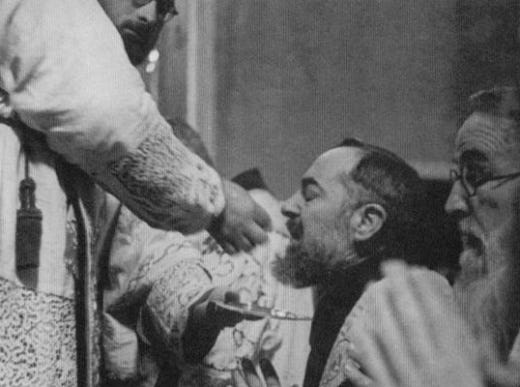
Elephant in the room
With this in mind, put yourself at your average Catholic wedding or funeral. Is anyone going to try and convince me that everyone in the pews: (1) is a baptized Catholic (2) who is fulfilling all five precepts of the Church and who (3) is of complete accord with all of the Church’s teachings?
Not. A. Chance.
The Church is in such a sad state of affairs that the amount of Catholics in the pews on Sunday Masses who would check all of these boxes is questionable.
Yet what do we hear from the pulpits at these ceremonies before communion is distributed? An announcement? A clarifying word about who can receive and who cannot?
Crickets.
Why does this matter?
Spiritual Implications
Simply put, St. Paul tells us that to eat and drink the Eucharist unworthily is to eat and drink condemnation upon oneself (1 Cor 11:29). People who receive the Eucharist unworthily are accruing more and more of God’s wrath, which could be avoided if they discontinued this practice.
The Great Curé of Ars, St. John Vianney, shares the following about receiving the Eucharist unworthily:
“It outrages God more than all other mortal sins. It attacks the Person of Jesus Christ himself, instead of scorning only His commandments, like other mortal sins. Whoever communicates unworthily crucifies Jesus Christ in his heart. Unworthy Communion is a more criminal profanation than that of the holy places. Unworthy Communion imitates and renews the crime of Judas.” ~St. John Vianney
Practical Implications
Such abuse and sacrilege cannot continue forever. Fr. Chad Ripperger, just about one of the only priests speaking publicly about this topic, predicted that Catholic sacraments would be taken away from us if the abuse continued. What soon followed his prediction? Covid — a period in which most public Masses stopped entirely.
Now that we have returned to some semblance of normalcy in Mass practice, nothing has changed. The Church is still filled with people who do not practice regularly. Why are communion lines long and confession lines so short?
Some recent studies about self-identified ‘Catholics’:
According to a 2011 Guttmacher Institute analysis, 98% of “Catholic” women of reproductive age use contraception. To be fair, Guttmacher is a pro-abortion organization, but if they are even in the right ballpark, this is scandalous.
According to a recent Pew Research Study:
72% of “Catholics” don’t attend Mass weekly
44% of “Catholics” identify as Democrats
I include this statistic because in our day and age, there is no such thing as a pro-life Democrat regarding the abortion question. Follow this link to read Cardinal Ratzinger’s guidance on the question of voting for pro-abortion candidates.
60% of “Catholics” say abortion should be legal
The Bottom Line
This article is highlighting a particularly heinous spiritual crime — that of sacrilege — but the sins crying to heaven for vengeance are much more extensive than that.
Not only will access to the sacraments be taken away from Catholics again if this continues, but the world will be chastised for its crimes. This is not prophecy; it is certainty.
Unless there is major reform in the Church and repentance in the world, you can count on it. When there is widespread abuse of so great a gift, the Holy Eucharist, you better believe it is going to be taken away from us.
“Woe to the shepherds…”
Ultimately, it is the role of the pastors to properly inform a people about best practices with the Holy Eucharist. In my estimation, this problem stems from one of the following issues:
Human respect — few bishops and priests have the courage or fortitude to make the difficult announcements that people should not be receiving the Eucharist unworthily. Yes, it is uncomfortable to tell people they are living in sin, but there is a way to do it with tact. Anytime I have heard an announcement made at a wedding or funeral, it is milquetoast, impotent and ineffective.
Lack of faith — the priests no longer believe in what the Church teaches. Either they themselves do not have faith in the true presence of Jesus in the Eucharist, or they do not believe that such rules apply anymore due to the rank heresy they have allowed to creep into their lives.
Deadly complacency — the priests have embraced that poisonous indifference which has left so many of them spiritually castrated. They no longer fight the battles they are supposed to, which is why we are now where we are.
Solutions
I offer a few suggestions below to my spiritual fathers as potential ways to remedy the widespread abuse. These are simple suggestions from an insignificant man. I hope, however, that some pastors will consider putting these into place to stop the sacrilege:
Discontinue the distribution of the Eucharist at weddings and funerals.
This would be the simplest way to avoid all the widespread abuse. Mass is offered on a daily basis throughout every major city in the United States. It is not imperative that we distribute the Eucharist at ceremonies where we know attending are a large amount of people who are in no position to receive Our Lord. If this is not something they are willing to entertain, bishops and priests are obligated to warn these people about the ramifications of receiving the Eucharist unworthily. Which leads me to my second suggestion:
If you do distribute Holy Communion at these ceremonies, make crystal clear, unambiguous announcements about who can come up to receive and who cannot. If someone has not confessed within the last year, has missed even one Sunday Mass without a good reason, or is living in grave sin, they cannot receive. It is that simple. This announcement needs to be made.
This announcement should also be made at every Sunday Mass throughout our nation. There are too many people who have not the slightest clue about what it means to be properly disposed, even people attending Sunday Mass regularly. We need to stop keeping them in the dark.
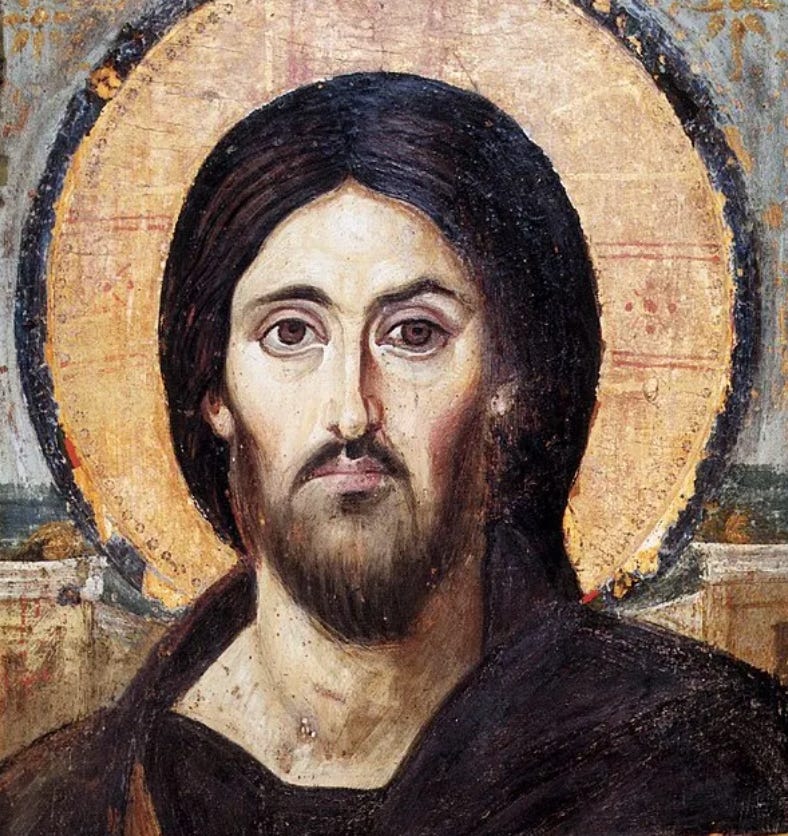
Re-catechize the Church; preach the Gospel in and out of season.
The entire Church needs to hear about sin again. It is real. If you commit grave sin and die unrepentant, you will burn in a lake of fire for all eternity. I am a lifelong Catholic and have heard one homily about contraception. One. Few priests preach on the topic of grave sin, and this failure in duty needs to stop now too. Inevitably if priests begin to do this, the Church will grow much smaller. People are too attached to their sins and their ways of thinking. But in this way, the priests can sleep peacefully at night knowing that their duty to guard and form their flock is being fulfilled.
“Son of man, I have made thee a watchman to the house of Israel: and thou shalt hear the word out of my mouth, and shalt tell it them from me. If, when I say to the wicked, Thou shalt surely die: thou declare it not to him, nor speak to him, that he may be converted from his wicked way, and live: the same wicked man shall die in his iniquity, but I will require his blood at thy hand” (Ezekiel 3: 17-18)
Final thoughts
Why am I writing about this topic? For the record, I hate criticizing the Church. I try to be a dutiful son, and my identity as a Roman Catholic is the driving force of everything I do. This scandal is so widespread and so destructive, however, that it needs to be exposed. The Eucharist is worthy of our greatest efforts and reverence. We cannot and should not tolerate sacrilege.
Generally as Catholics, our disposition should be like Shem and Japheth who covered their father in his nakedness, and exposed him not to shame (Genesis 9:20-27).
I welcome your feedback in the comments below and ask that you share this article if it spoke to you. I am hopeful that more churchmen will realize the need for reform in this area. Our efforts can help with this.
As a closing thought, imagine if the deacon in the aforementioned funeral Mass had charitably and openly addressed the issue of Communion for the attendees, Muslims and non-Catholics alike. Would they object to our love for the Eucharist or respect us for the clarity of our teaching? More importantly, wouldn’t we respect ourselves all the more?
Patrick Giroux, based in the heart of the Midwest, launched this Substack a year ago to explore the challenges of our declining civilization. Working in classical education, Patrick weaves insights from his Roman Catholic faith and the timeless wisdom of great literature into his writing. Join his growing community of readers and subscribe below to follow his work.





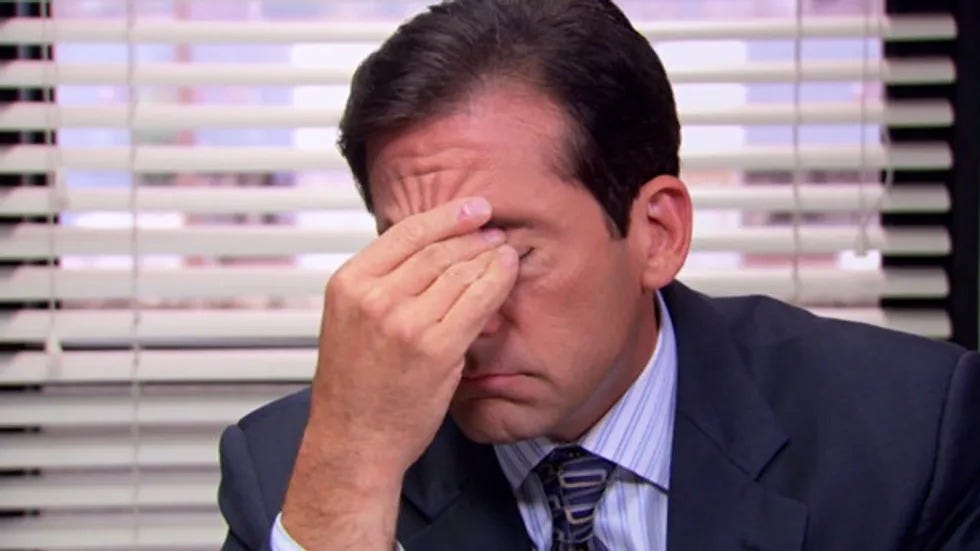
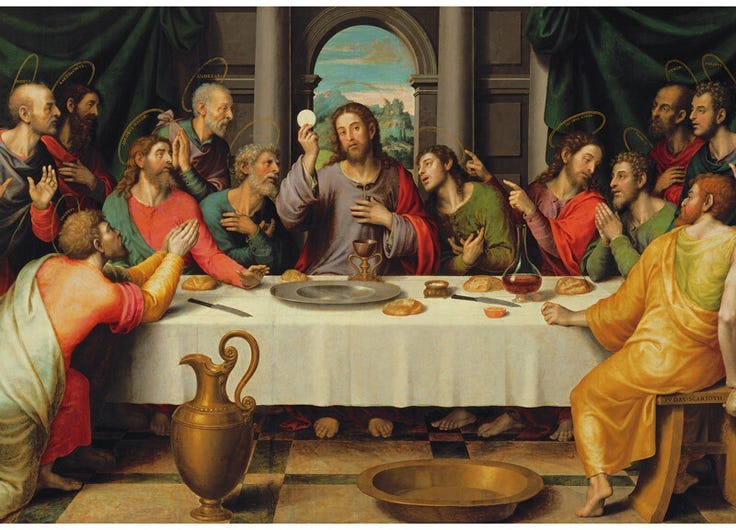
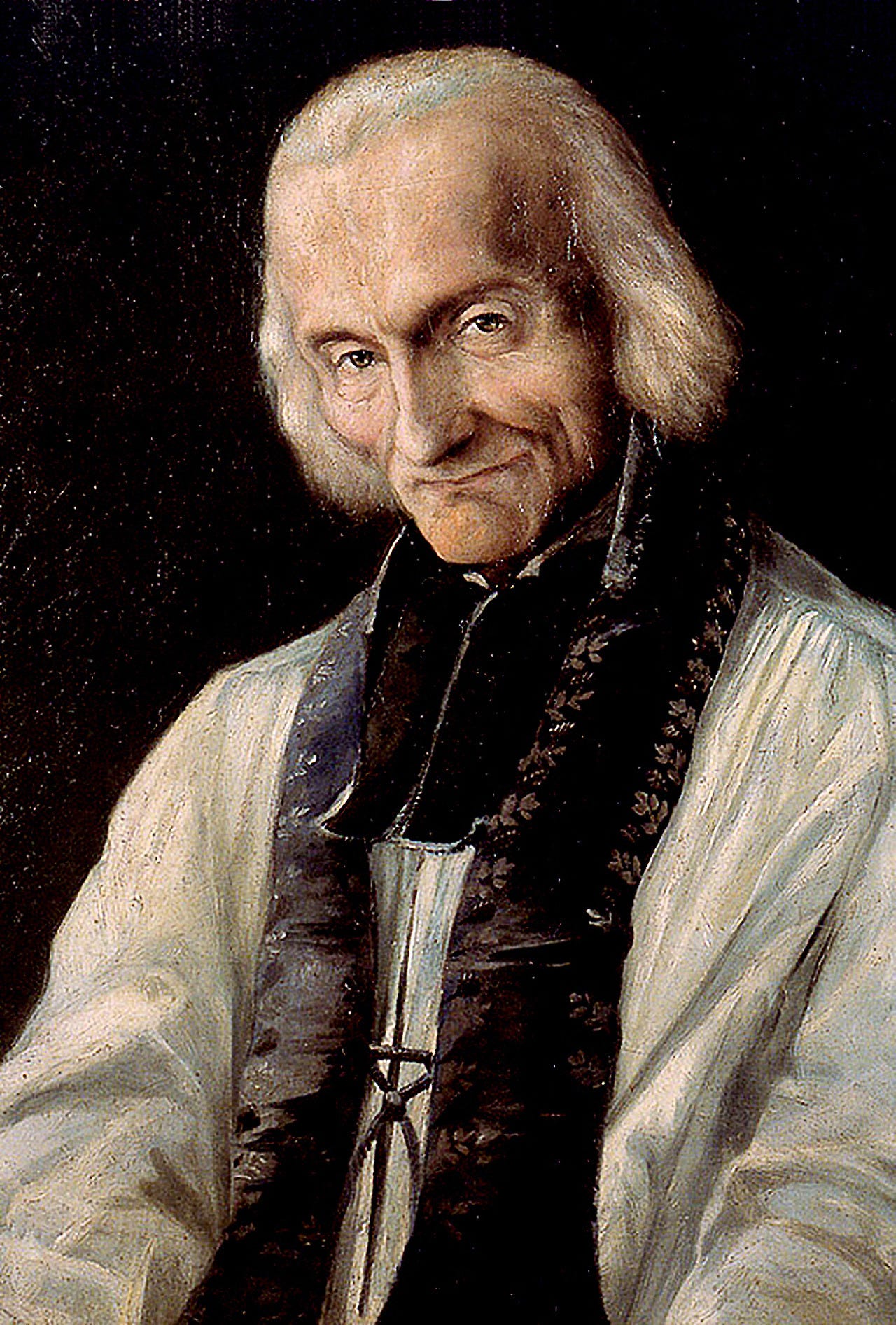
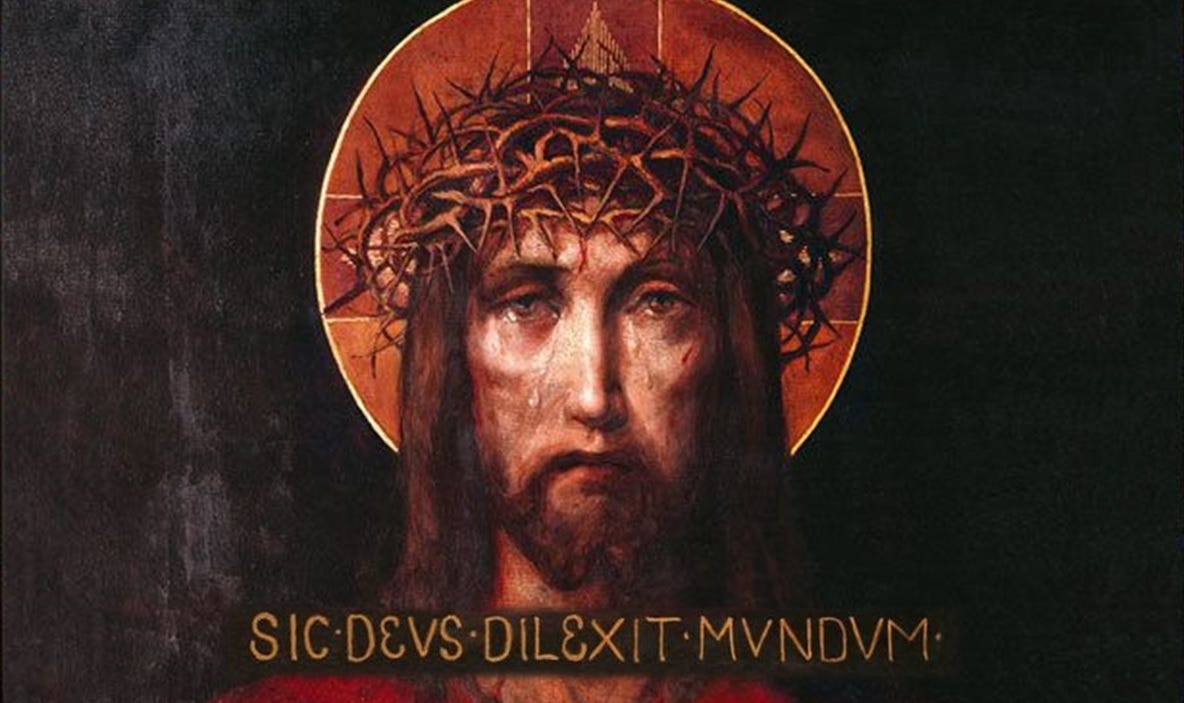

We have been blessed in our parish with a priest that announces at every funeral, wedding, baptism and even at yesterday’s children’s Christmas program, that all who are not Catholic or have been separated from the Church for some time should not come forward to receive communion.
I also live in the Midwest and priests in this area always make these announcements when there are mixed attendees. In fact we had it last night at a Christmas Mass. As you point out this catechesis during Mass is helpful for everyone.
Our Holy Father emphasizes that the Eucharist is not a gift for the perfect but a medicine for the sick. This is not to excuse unworthy reception, bit to encourage a pastoral approach based on mercy.